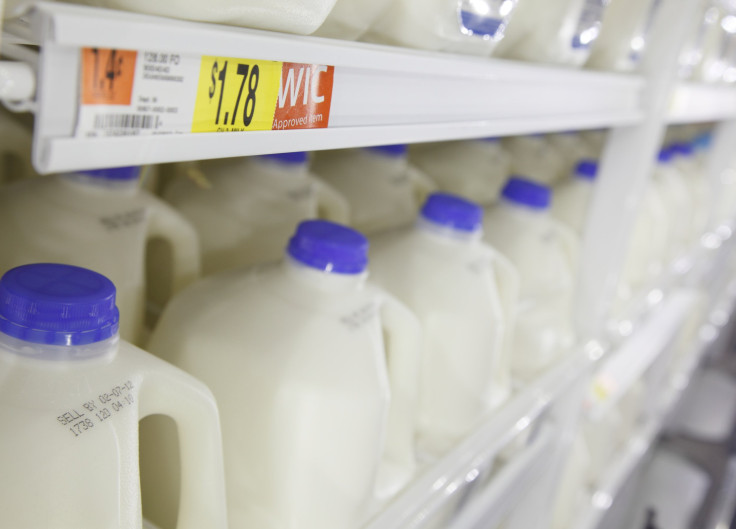Scientists Engineeer Cow's Milk to Fight HIV

Researchers in Australia may have found a surprising ally in the fight against HIV: cow's milk.
Scientists from the University of Melbourne and the biopharmaceutical company Immuron Ltd. discovered that, while cows cannot be infected with HIV, they can produce HIV antibodies that prevent against transmission of the disease.
Researchers injected the cows with an HIV protein. Then, after the cows gave birth, the scientists gathered their colostrum or first milk after birth. Normally, colostrum is filled with antibodies to protect calves against infection; the colostrum, in these cases, was filled with HIV antibodies.
The researchers tested the antibodies by combing the HIV virus with the milk. That process inhibited the virus. "We think the antibodies bind to the surface of the virus and blocks the protein which needs to be freed to get in contact with human cells - like a key and lock system. If the key's not accessible or you change the key, you can't open the door," Marit Kramski, the study's lead author, said to the Times of India.
The cows could provide as much as a kilogram of antibodies, or 2.2 pounds, a huge volume for microbes.
The ideal would be to make a cream or gel out of the milk that women could coat on their vaginas before or after sexual contact.
This is not the only method in the works in researchers' attempts to protect people against HIV infection. In September, scientists announced the development of anti-HIV vaginal ring that had proven successful in tests in monkeys.
But the method pioneered by the Australian researchers could prove to be a cheap alternative.
While condoms are widespread in western nations, a sizeable majority of the 34 million HIV cases are in developing countries where condoms are either not as readily accessible or are culturally stigmatized by men. The solution would be a handy solution for women in those regions, particularly for women who want to become pregnant.
Researchers said that a similar cream could be made for men who have sex with men, but would need to be reformulated for maximum efficacy.
A cream could be as many as ten years away, however. The next step would be a clinical test that would prove whether the cream would be safe to use with vaginas.
Their research was published in the journal Antimicrobial Agents and Chemotherapy.
Published by Medicaldaily.com



























